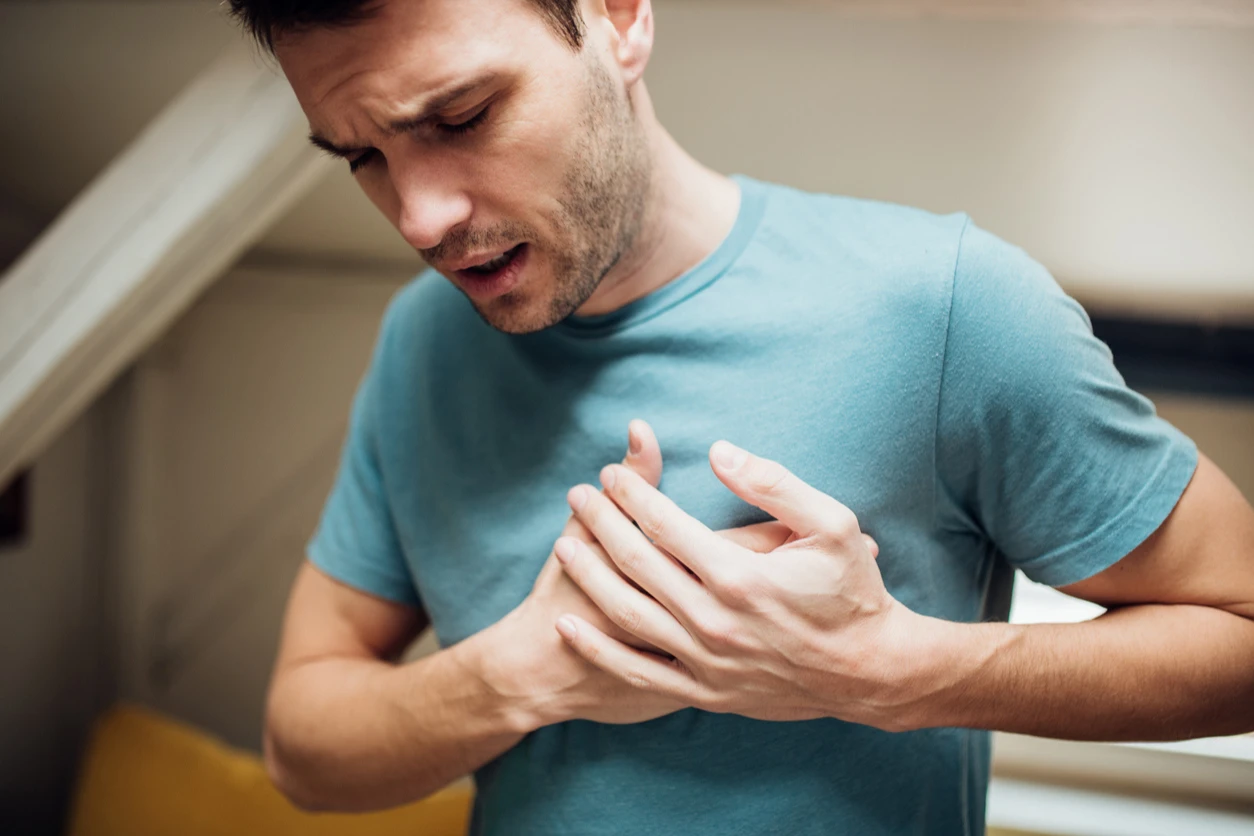
Relapsing can be a common occurrence when someone is on the road to recovery, and can occur once a person has even completed a course of addiction treatment.
The fact that relapse is always an unfortunate possibility with addictive disorders is due to addiction disorders being chronic diseases.
When someone completes a course of addiction treatment they can feel as though they have put all of their difficulties behind them. And, while this is largely true, you should always be aware of the possibility of relapse as a means to avoid relapsing in the future.
Professional addiction treatment plans, such as you will find at one of Action Rehab’s associated clinics, prepare their clients for the future through the likes of relapse prevention planning and proper aftercare programmes.
Below, we will look at some of the best ways to avoid relapse, as well as the difference between a slip vs relapse. It is also key to be aware of the different kinds of relapse, be it an emotional relapse, a mental relapse, or a physical relapse. Understanding relapse will help you to avoid relapsing.
Understanding Relapse
Let us start by looking through the different kinds of relapse and what they entail:
Emotional Relapse
An emotional relapse is what occurs when is not considering taking/consuming substances again; however, they arefeeling psychological distress which may ultimately lead them to relapsing. Signifier that someone is experiencing emotional relapse include:
- Irritability and/or rapid mood fluctuations
- Anxiousness
- Showing signs of stress
- They are growing very defensive
- Depression
- Expressing no desire to have help of any kind
- Neglecting themselves, be it in terms of washing, eating, or their general health
- Not engaging with their aftercare plan or relapse prevention planning
This stage of relapse is very early, and as such it can be the easiest one to pull yourself back from. However, if you do not identify the issues that you are experiencing then you risk the situation developing into a full relapse.
Some of the best advice to get you through this process if to simply practice good self-care. Make sure that you are getting exercise, eating and drinking properly, and maintaining a good sleeping pattern.
Checking your emotional health on a daily basis can be good practice to get into, as then you can start to notice earlier when you may be at risk of relapsing.
Mental Relapse
Mental relapse is when an individual may start to consider using/consuming substances once more. This drive will become more serious as time progresses. Signs of this stage are:
- Thinking about previous experiences with substance use in a positive light
- Re-emergence of addictive thought patterns
- Going back to old haunts, or reconnecting with old friends who are associated with your past drug use
- Lying to yourself and you friends and/or family about your addictive thoughts
- Looking for faults in the recovery process
- Thinking about how you would plan out your relapse
- A lack of connection with your family routine
Physical Relapse
The final stage of relapsing is, as you may imagine, the physical act of taking narcotics and/or having an alcoholic drink. At the point where you have given in to your addictive thoughts and actually taken the substance to which you are addicted, you have relapsed.
However, relapsing does not mean that you have failed in your recovery goal. It is important to remember that many people fall prey to relapses at some point in their recovery, even sometimes after many years of sobriety. The hard part after relapsing, however, is learning from your mistake and starting your life of sobriety once again.
Tips On Avoiding Relapse Altogether
As mentioned previously, forming a serious relapse prevention plan (best done while at a high-quality rehab) will give you the best chance of enjoying a relapse-free recovery.
Some of the best ways that you can try to avoid relapse include the likes of:
Make A List Of Your Triggers
This one can seem pretty self-explanatory, but it is incredibly useful. Understanding the things that are triggers for your addiction and, in turn, the things that put you at risk of relapse is key to staying clean and sober post-addiction.
Avoiding these triggers is obviously the best course of action; however, you should also try and work out ways of dealing with these triggers should you come into contact with them by chance. Forging a plan of action to deal with each trigger prepares you for every eventuality.
Form A Clear Schedule
Planning your day-to-day routine can help you to both be more efficient in your daily life and keep your mind free from addictive thoughts. You should also assign a regular day each week to attend local support meetings. Having a specific time and day to stick to for your recovery work will keep you focussed on recovery from week to week.
Come To Terms With Your Cravings
Cravings are going to happen from time to time, and so you should be aware of this fact and plan accordingly. Similar to how you should form a plan of action for dealing with triggers, should they manifest, you should work out a coping mechanism for is you simply find yourself experiencing cravings while at home.
Activities or meditative practices that distract your mind can be perfect for this.
Set Yourself Goals
This does not just mean setting yourself goals in terms of staying sober. Rather, you should also try to set out some fitness goals, or healthy eating goals. Occupying your mind will help you to remain on the straight and narrow.
Create A Support Network
Support networks will provide you with necessary mental guidance when you are at your lowest point. Furthermore, crafting a support network which features other recovering addicts can also help you to find solace in talking to individuals with a common goal of remaining sober.
Contact Us Today For Help With Addiction
If you feel as though you want to take advantage of a rehab programme that helps you with the best quality addiction treatment, detox support, relapse prevention planning, and aftercare, then contact Action Rehab today on 0151 268 6992.
Posted on Friday, August 27th, 2021 at 9:46 am in Addiction, Latest News.






 Call Us
Call Us Contact Us
Contact Us